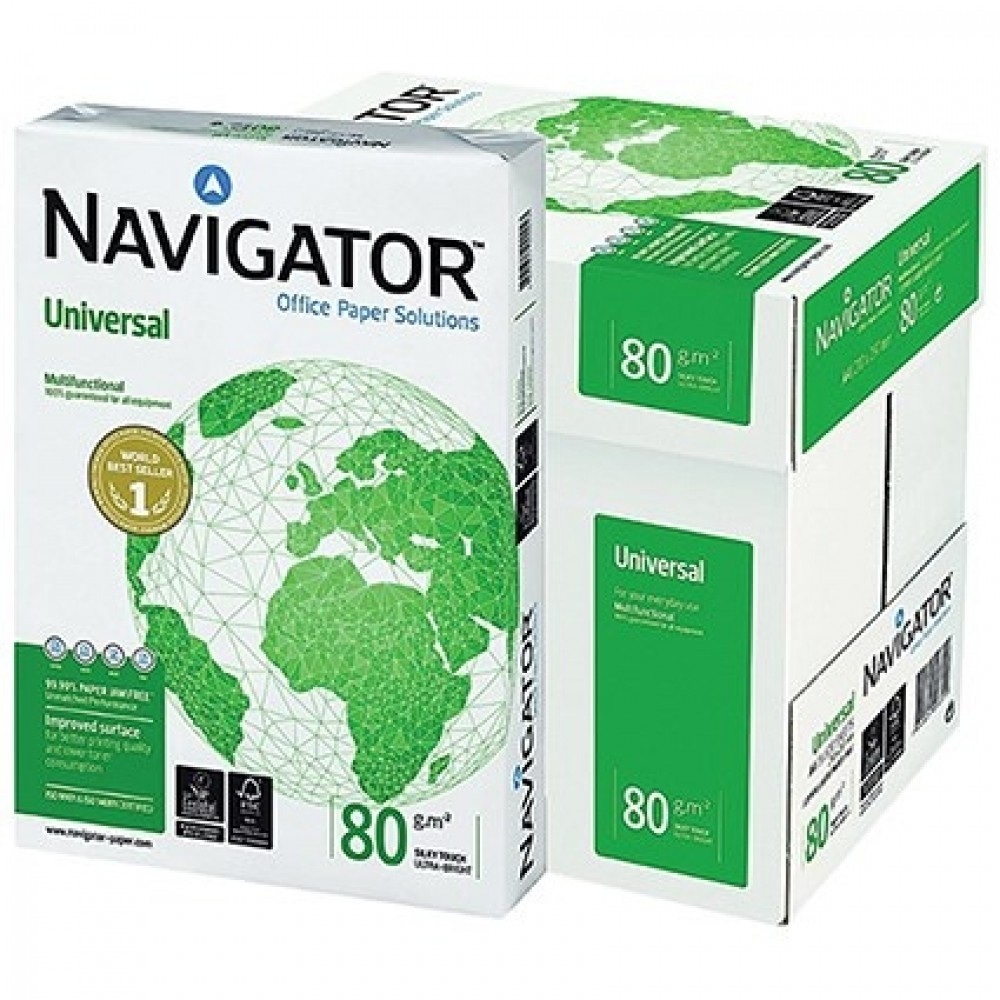Navigator Paper
Materials : 100% pure wood pulp
Brightness: 102%-104%
International standard-A4(210mm x 297mm)
Moisture 3.5%-4.5%,
Thickness : 103-110 um
Surface roughness TS ml/min : 75-175
Surface roughness BS ml/min: 100-200
Bending stiffness MD :>110 Mn
Bending stiffness CD :>50 Mn
Opacity : 95 min
CIE whiteness: 167
Cobb Test: 27-33 g/m2 27-33
Suitable for: Stay flat after copying
Leave no dust in the copy-machine
Nice appearance-white and clean
Nice touch-smooth and bulky
No see through-print both sides
Guaranteed for trouble-free operation.
Capability: High Speed Copying100ppm, Laser
Capable: Inkjet Capable, Fax Capable.
High performance for both sides printing/copying
500 Sheets per Ream
5 Reams per Box
500 sheets per ream – 5 reams per box
1560 boxes per container(with pallet)
1600 boxes per container( without pallet)
7800 reams total in one 20fcl( with pallet)
8000 reams total in one 20fcl( without pallet)













Reviews
There are no reviews yet.